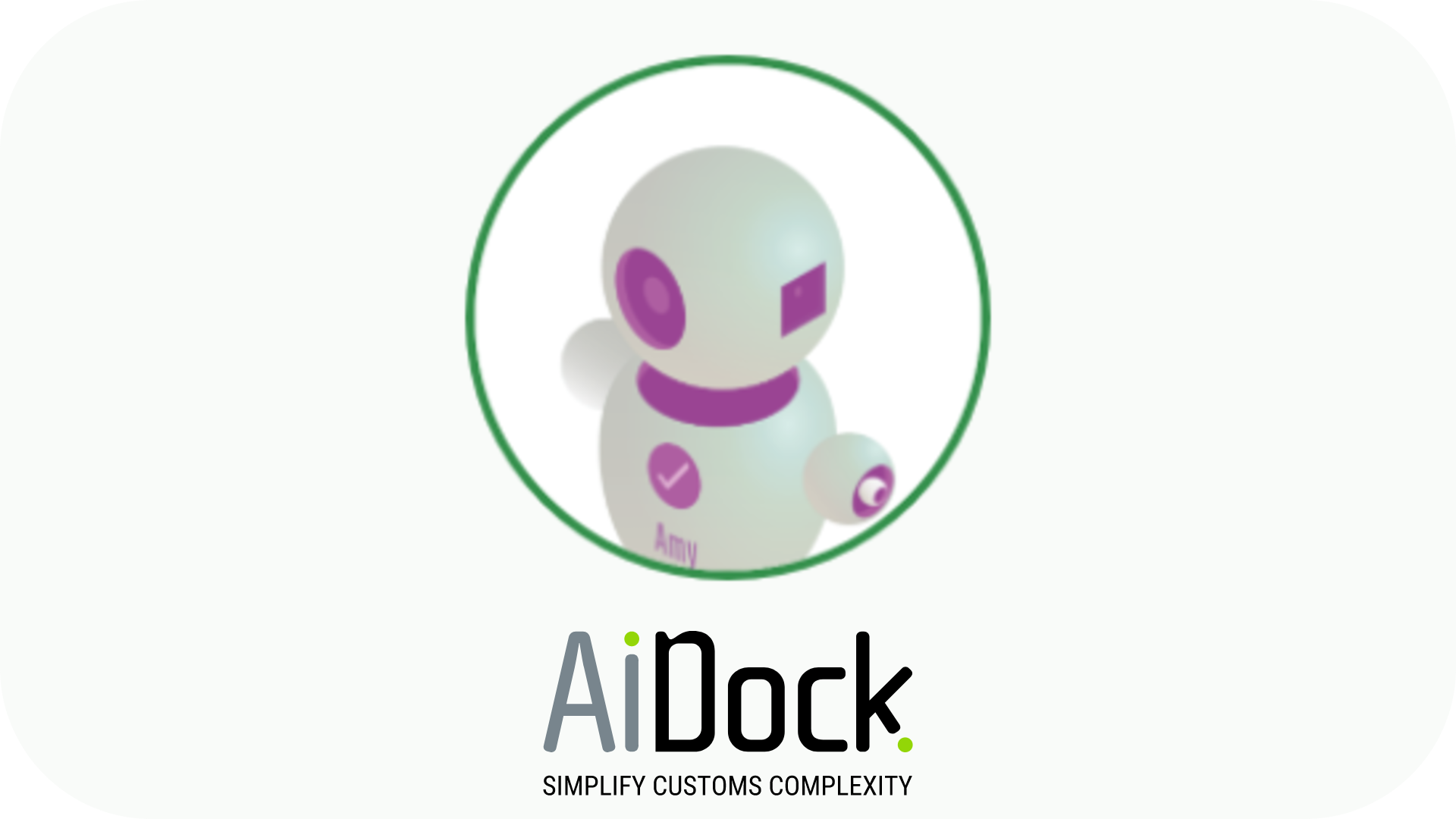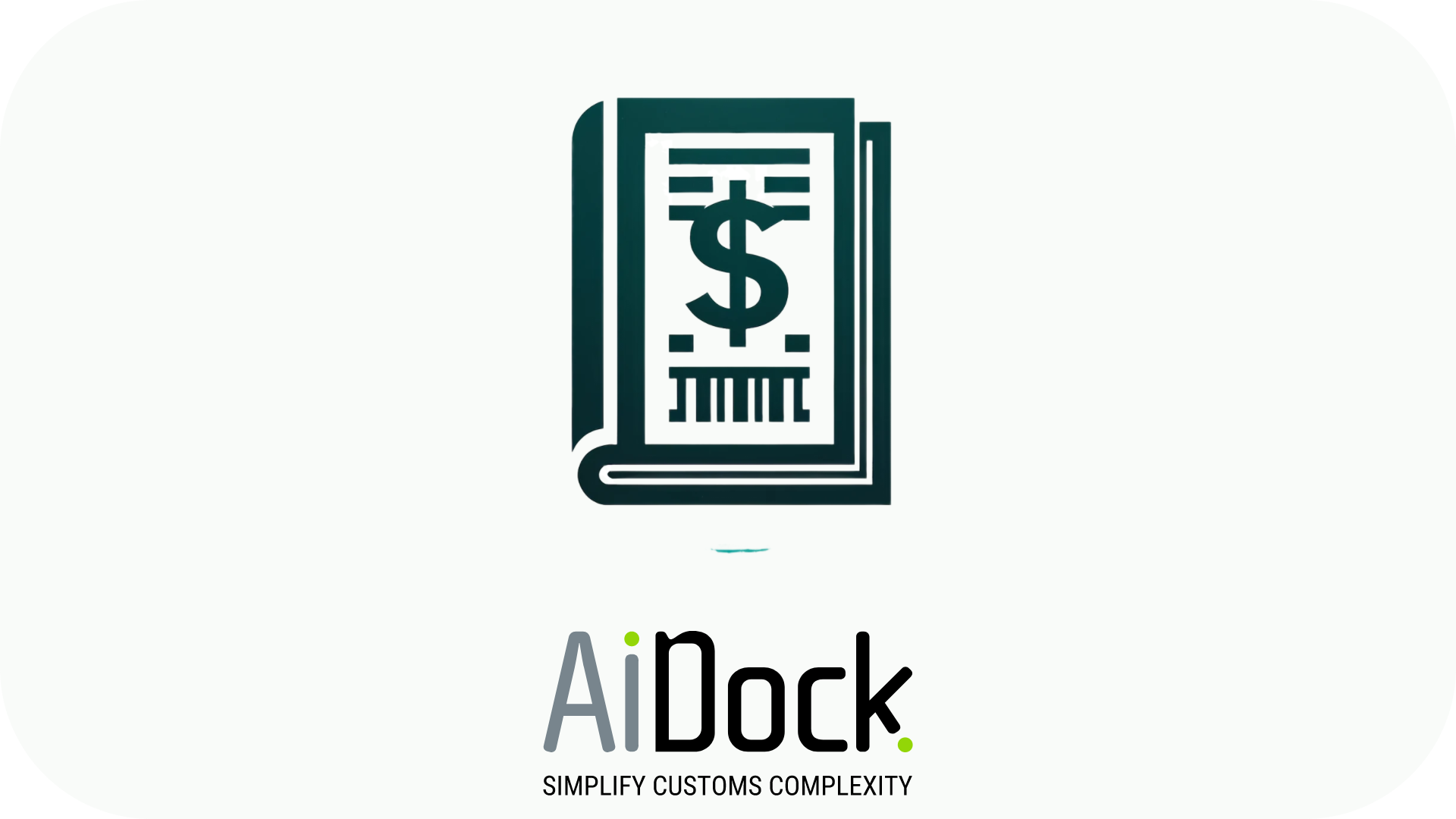In the bustling world of international trade, customs brokers play a pivotal role, ensuring the smooth transit of goods across borders amidst a web of regulations and bureaucratic hurdles. Within this context, a seemingly simple question arises from the ranks of these essential workers: “Do I even need AI in my company?” This question sparks a broader discussion on artificial intelligence’s significance and important role in a field traditionally dependent on in-depth expertise, individual discernment, and interpersonal connections. We’ll delve into this story, unraveling the doubts to reveal how AI steadily emerges as a crucial partner in customs brokerage.
Initial Reservations
For customs brokers, the profession is more than just a job; it’s a craft refined through years of navigating the complex currents of international trade laws and practices. The hesitation to introduce AI into the work stems from a deep-seated appreciation for the role’s nuanced, human elements. The thought of replacing personalized service and critical thinking, which have long been the hallmarks of their profession, with automated, algorithmic processes brings about a sense of unease. Could machines dilute the essence of customs brokerage?
Charting a New Course
Yet, as customs brokers venture into the unexplored territory of AI integration, their initial trepidation gives way to a series of enlightening discoveries. The journey reveals that AI, rather than being a threat, is a powerful complement to their expertise.
1. Efficiency Unleashed:
The first eye-opener is the dramatic boost in operational efficiency AI brings. Tasks that were once time-consuming and error-prone can now be executed with remarkable speed and precision. Automating document processing, data entry, and compliance verification transforms cumbersome chores into smooth, efficient operations, freeing brokers to focus on the strategic dimensions of their work.
2. Anticipatory Insights:
By delving deeper, brokers uncover AI’s predictive capabilities. The technology’s ability to sift through extensive data sets and predict trends enables customs brokers to anticipate possible supply chain interruptions, proactively adapt to regulatory shifts, and steer clients toward the most effective shipping approaches.
3. Risk and Compliance Navigation:
The AI journey further demonstrates its value as a tool for navigating the intricate landscape of compliance and risk management. Real-time alerts about changes in trade regulations help brokers maintain compliance, while AI-driven risk assessments ensure the safety and reliability of shipping routes and partners.
4. Enhanced Personal Connections:
Perhaps the most surprising revelation is the role of AI in strengthening the broker-client relationship. By automating routine tasks, AI enables brokers to devote more attention to understanding their client’s unique needs and crafting personalized advice. Far from depersonalizing their service, AI enhances the quality and depth of their client interactions.
Embracing the AI Revolution
Adopting AI in customs brokerage transcends the fear of the unknown, marking a deliberate journey toward redefining the profession. It becomes clear that AI is not a replacement for human expertise but a tool that enriches it. This evolution from skepticism to strategic integration signifies a profound shift in the industry, transforming the question of “Do I even need AI in my company?” into a resounding affirmation of AI’s role as a catalyst for growth, efficiency, and enhanced client service.
In conclusion, the narrative of AI in customs brokerage is one of transformation and growth. Integrating AI allows customs brokers to elevate their craft, delivering more efficient, accurate, and deeply personalized services. This journey from initial doubt to a strategic embrace of AI is a testament to customs brokers’ adaptability and forward-thinking nature, ready to harness the potential of digital innovation and redefine their role in the global trade ecosystem.



